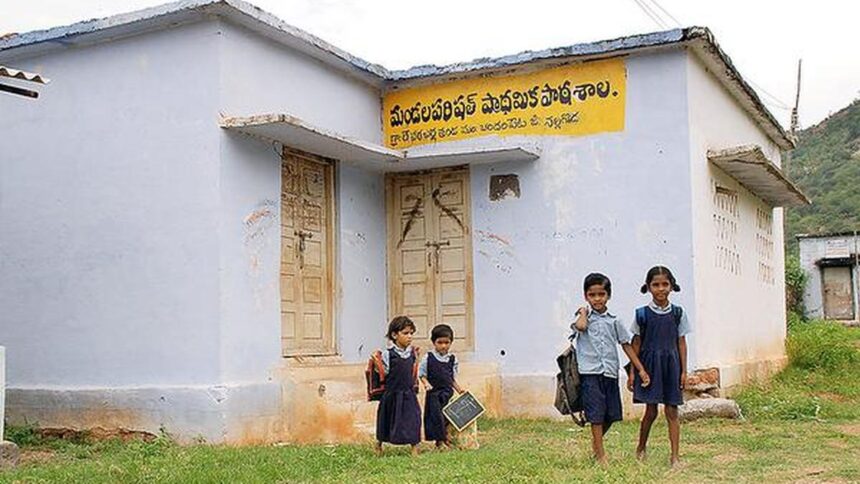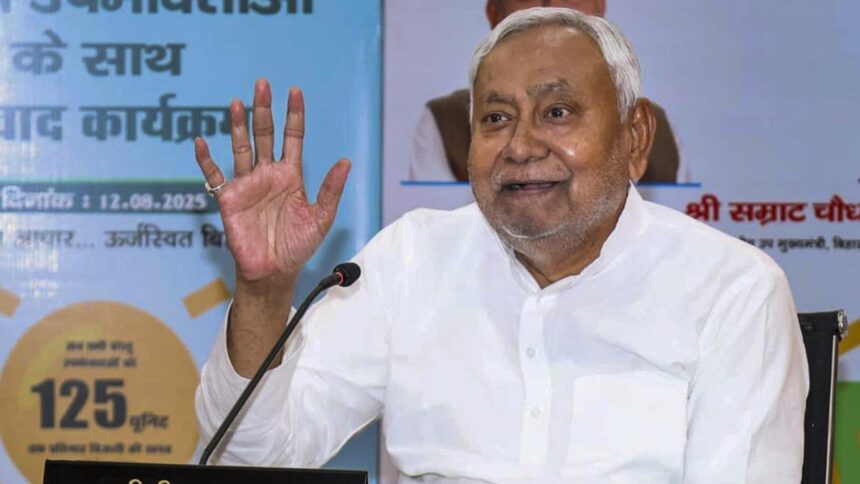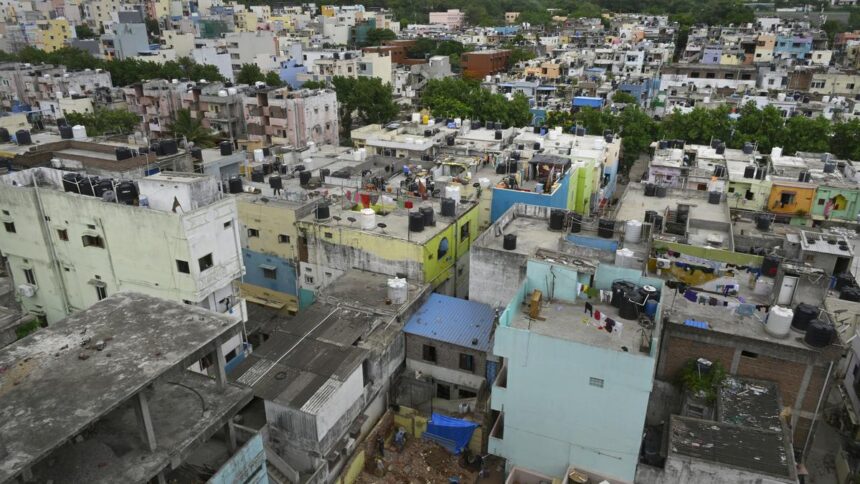A new green home concept titled ‘Meda’ has achieved the carbon-neutral tag – arguably the first in the State to earn such a status and get it assessed by a reputed agency. Babu Parambath, project coordinator of Niravu, a farmer producer company in Vengeri, Kozhikode, is credited with creating the concept.
The Centre for Water Resources Development and Management (CWRDM) under the Kerala State Council for Science, Technology and Environment (KSCSTE) has assessed the ‘carbon neutrality’ of ‘Meda’ and found that it has recorded a net carbon sink status of -1.43 tonnes of carbon dioxide equivalent (tCO2e), thus realising carbon neutrality through integrated management.
A report of the assessment will be released by Kozhikode Mayor Beena Philip on August 4, at an event to be held at CWRDM in Kunnamangalam.
Mr. Parambath has pioneered various ground breaking practices, that were later officially promoted by the State government, such as organic farming and sustainable waste management. He introduced the idea of ‘green homes’ which was emulated in over 1 lakh households across the State recently under the aegis of Haritha Keralam Mission.
What makes it carbon neutral
The term carbon neutrality signifies that the house absorbs the maximum amount of solar energy and reduces the amount of carbon dioxide in the environment. Mr. Parambath has achieved this through multi-level intervention in his surroundings.
The kitchen garden in ‘Meda’ produces every vegetable that the household needs, except for onion and potato, thus reducing the carbon footprint. “We have excess vegetables that we sell for around ₹8,000 every month,” Mr. Parambath said.
A mini material collection facility (MCF) set up in the premises ensures source level segregation of non-biodegradable waste. The food waste mostly goes into the biogas plant. “The waste in one house is not enough to process the plant. Hence, we source waste from two neighbouring houses. The neighbours have access to our kitchen garden too,” Mr. Parambath said. The acidic food waste goes into a bio bin while a pipe compost has been set up specifically for the egg shells, which, in due time, is used as calcium and potassium supplement for the plants. The dry leaves go into a biomass unit where it is composted over years to form manure.
The courtyard of the house is designed in such a way that the rain water seeps into the soil completely. Besides, the biomass unit also serves as a rainwater harvesting facility, thus ensuring plenty of water in the well throughout the year. The energy generated through the solar panels set up on the roof top is contributed to the energy grid of the Kerala State Electricity Board. Besides all this, plenty of trees planted around the plot ensures that any remaining carbon dioxide in the premises is sucked in.
Mr. Parambath was supported by Manoj P. Samuel the executive director of CWRDM and scientist Sruthi K.V. in achieving the carbon neutral concept – another trend that he hopes would soon catch up across the State.
Published – July 30, 2025 05:17 pm IST





















